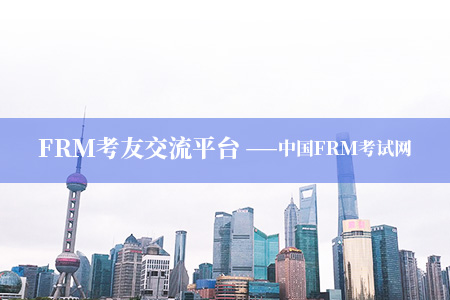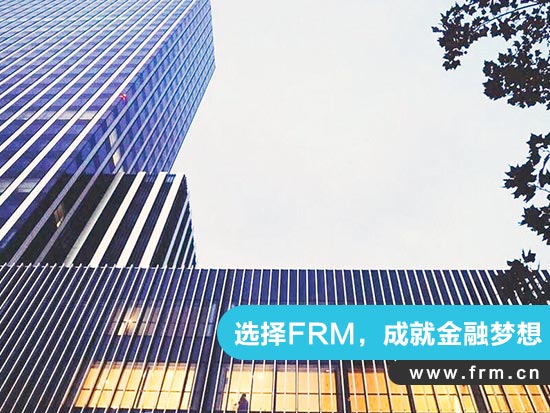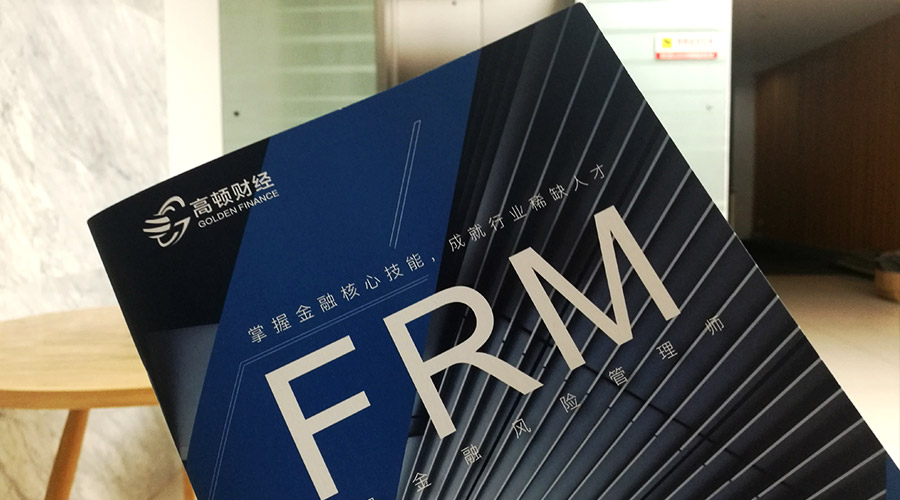本文作者:Katherine Heires
转载自:GARP
世界经济论坛(World Economic Forum)发布的《全球风险报告》(Global Risks Report Survey)15年来首次指出,未来10年可能发生的五大风险均是环境性风险。它们分别是:极端天气、气候行动失败、自然灾害、生物多样性丧失和人为自然灾害。
然而短期来看,经济情况,包括停滞、贸易冲突和债务则更令人担忧,经济对抗和国内政治两极分化是今年内预计最可能上行的风险。
如同世界经济论坛主席Børge Brende在2020风险报告前言中所述,“过去五年全球经济情况处于一个非常良好的发展中,但现在正面临着一个‘同步放缓’的情况,另外预计今年网络攻击的现象也将增加。”
Brende还警告说,由于没有足够的政策来扭转这种状况,可能会出现“类似上世纪70年代那样的长期低增长时期”。他表示:“除非利益相关者在这个动荡时期采取多边机制,否则当时曾经出现的风险将再次出现。”
题为《日益恶化的基本面:经济稳定和社会凝聚力面临的风险》(the Fraying:Risks to Economic Stability And Social Cohesion)的报告总结:
“全球经济面临停滞的风险。贸易壁垒的增加、投资的减少和债务的增加正在给世界各地的经济带来压力。货币和财政刺激措施的余地比2008-2009年金融危机前更小,这给反周期政策的效果带来了不确定性。紧张的地缘经济和政治形势以及国内的挑战加剧了这种不确定性。”
在世界经济论坛的多方利益相关者调查中,传染性疾病作为一种长期风险在影响方面排名第10位——目前冠状病毒正成为头条新闻。根据报告执行摘要,许多国家的卫生保健系统正处于“压力之下”,抗击流行病的进展却因“接种疫苗的犹豫不决和耐药性”而受到负面影响,“使我们越来越难以对一些人类最大的威胁进行反击。”
1.CEO们的不安
The anxieties in WEF's Global Risks Perception Survey,based on responses from some 800 members of forum communities,mirror those of the PwC 23rd Annual Global CEO Survey,released on January 20 as the forum's Davos,Switzerland meeting was getting underway.With nearly 1,600 respondents in 83 countries,a record-high 53%predicted a decline in the rate of economic growth in 2020,compared to 22%expecting improvement.Those voting negative were 29%in 2019 and only 5%in 2018.
The pessimism is more pronounced in North America,where 63%predicted a decline and 10%an improvement.
“Given the lingering uncertainty over trade tensions,geopolitical issues and the lack of agreement on how to deal with climate change,the drop-in confidence in economic growth is not surprising,”Bob Moritz,chairman of the PwC Network,said in a prepared statement.He added that because“the scale of[the economic challenges]and the speed at which some of them are escalating is new,the key issue for leaders gathering in Davos is:How are we going to come together to tackle them?”
An Organization for Economic Co-operation and Development(OECD)Business Confidence Index cited by the WEF had fallen for 14 consecutive months through the end of 2019.
来源:OECD商业信心指数
2.公众的不信任
In another report coinciding with the Davos gathering,the 20th annual Edelman Trust Barometer,CEO Richard Edelman of Edelman Intelligence notes that public trust in business,government and other societal institutions has eroded despite positive economic indicators and long-term gains in income and employment.
“In past years,”Edelman writes,“good economic conditions have presaged rising levels of trust,and this link still applies in developing markets in Asia and the Middle East.But in the developed world,major violations of the social contract–corporate malfeasance,government corruption,fake news–have upended this relationship.In developed markets,trust has become uncoupled from GDP growth because people feel they are not getting their fair share of growing prosperity.National income inequality is now the more important factor in institutional trust.”
The WEF report says that the sobering“fundamentals”will only be exacerbated by growing social unrest and financial inequality around the world,along with concerning factors such as geopolitical uncertainty,digital fragmentation and continued environmental degradation.
In addition to the 800 risks perception survey participants,WEF's 2020 report incorporates input from the 200 members of its Global Shapers Community,described as representing“a generation of emerging,global social entrepreneurs and leaders,”and including many Millennials.
WEF's strategic partners are Marsh&McLennan and Zurich Insurance Group;academic advisers are the National University of Singapore;Oxford Martin School,University of Oxford;and Wharton Risk Management and Decision Processes Center,University of Pennsylvania.
The Global Risks Report serves as a tool to“set the 2020 context for our clients,”as they assess the relevance and potential impact of risks over short,medium and longer terms,says Michael Poulos,president of Marsh Risk Consulting.The findings are a useful“page setter for strategic conversations”to help consulting and insurance clients identify what to hedge against and what will potentially create opportunities for their businesses.
3.增长和冲突
The economic backdrop is one of sluggish growth.The International Monetary Fund downgraded its global GDP projection late last year,from 3.7%to 3.4%,and Japan was the only one of the world's seven biggest economies not decelerating.(In a January update,IMF said:“Global growth is projected to rise from an estimated 2.9%in 2019 to 3.3%in 2020 and 3.4%for 2021–a downward revision of 0.1 percentage point for 2019 and 2020 and 0.2 for 2021 compared to those in the October World Economic Outlook.”)
Regarding trade tensions,the WEF says restrictions are at historic highs and could slow global growth by 0.8 percentage points in 2020,particularly if the U.S.and China uphold existing tariffs or impose new ones.
Obstacles to foreign direct investment(FDI)are on the rise.These include lower expected returns,uncertainty about economic policy in major economies,and ongoing and emerging geopolitical tensions.As a result,FDI remains lower than it was before the 2008-2009 crisis and has declined the last three years.
A superpower economic confrontation–at least philosophically–was on display at Davos between European Central Bank president Christine Lagarde and U.S.Treasury Secretary Steven Mnuchin.Lagarde advocated for green technology investments,while Mnuchin argued that such strategies were unworkable and that access to cheap energy was more important,the Financial Times reported.Lagarde called for taxes and regulation to push companies in the direction of anticipating a low-carbon future.Mnuchin insisted that“there's no way we can possibly model what these[climate]risks are over the next 30 years with a level of certainty.”
4.私人和公共债务
The WEF sees rising corporate debt as a key vulnerability in the global financial system,while across G-20 economies,public debt is expected to reach 90%of GDP in 2019–the highest on record–and rise to 95%in 2024.
“Financial market stress and strained public finances are creating uncertainty as to whether conventional monetary and fiscal policy instruments,which have worked to boost growth in the past,could be as effective in the future,”the report says.
The forum observes that while interest rate cuts made by central banks have helped boost growth,they have also fostered higher debt and riskier rent-seeking,which affect financial market stability.It also sees the role and reach of monetary policies challenged by factors such as technological change,climate change and rising inequality.
Higher debt along with economic stagnation helps to explain why“fiscal crises”are the top-rated risk for businesses globally over the next 10 years,according to a WEF executive opinion survey.Weak public finances have two worrying implications:They jeopardize the leverage that governments have to address a recession;and they could aggravate already troubling social tensions.
Compounding the economic fragility are trends such as the intensity of climate change and its economic costs–in 2018,there was$165 billion in worldwide economic stress and damage from natural disasters;sizable populations still without internet access;the lack of a global,technological governance framework and related expansion of cyber insecurity;and the rise of geopolitical uncertainty and conflict as many stakeholders shift from cooperative goals to competitive positions.
WEF president Brende concludes,“There is still scope for stakeholders to address these risks,but the window of opportunity is closing.Coordinated multi-stakeholder action is needed quickly to mitigate against worst outcomes and build resiliency across communities and businesses.”
作者介绍:凯瑟琳·海雷斯(Katherine Heires)是一名商业条线的自由撰稿人,也是MediaKat llc的创始人。
推荐阅读:




 FRM职业发展
FRM职业发展
 发布时间:2020-02-25
发布时间:2020-02-25


 复制本文链接
复制本文链接 模拟题库
模拟题库

 66
66
























